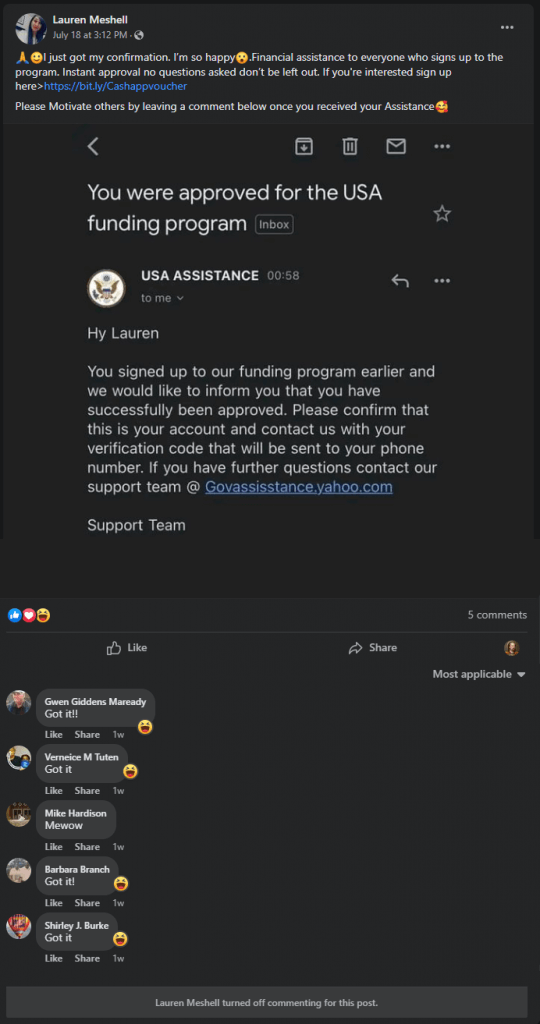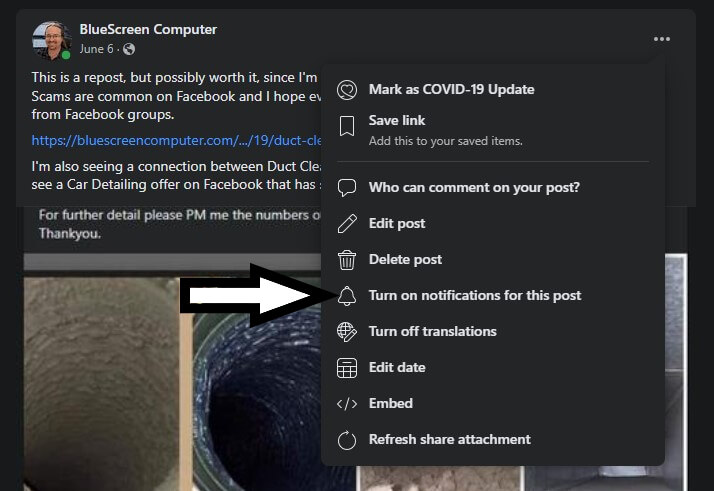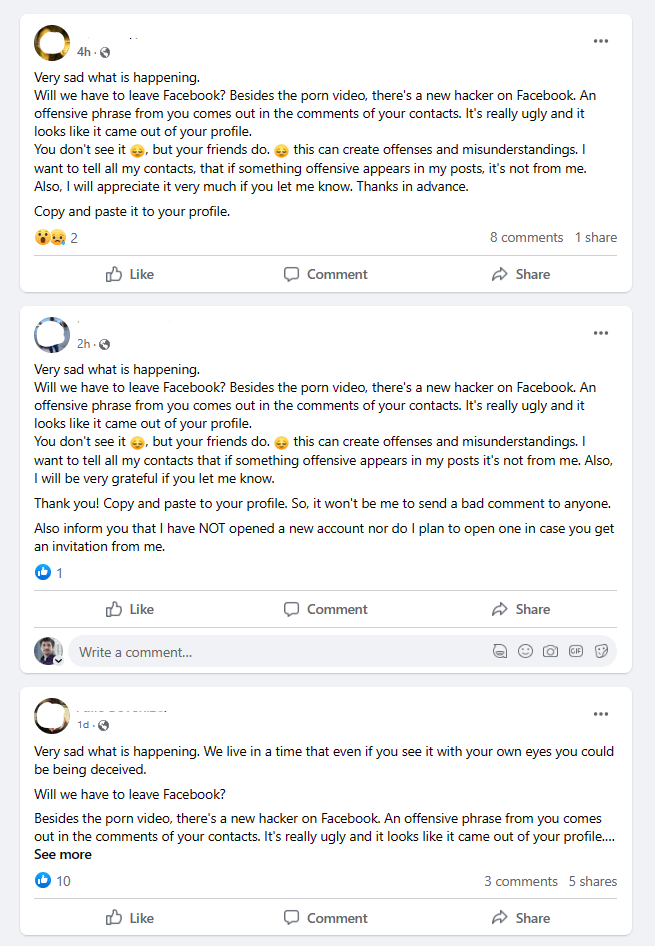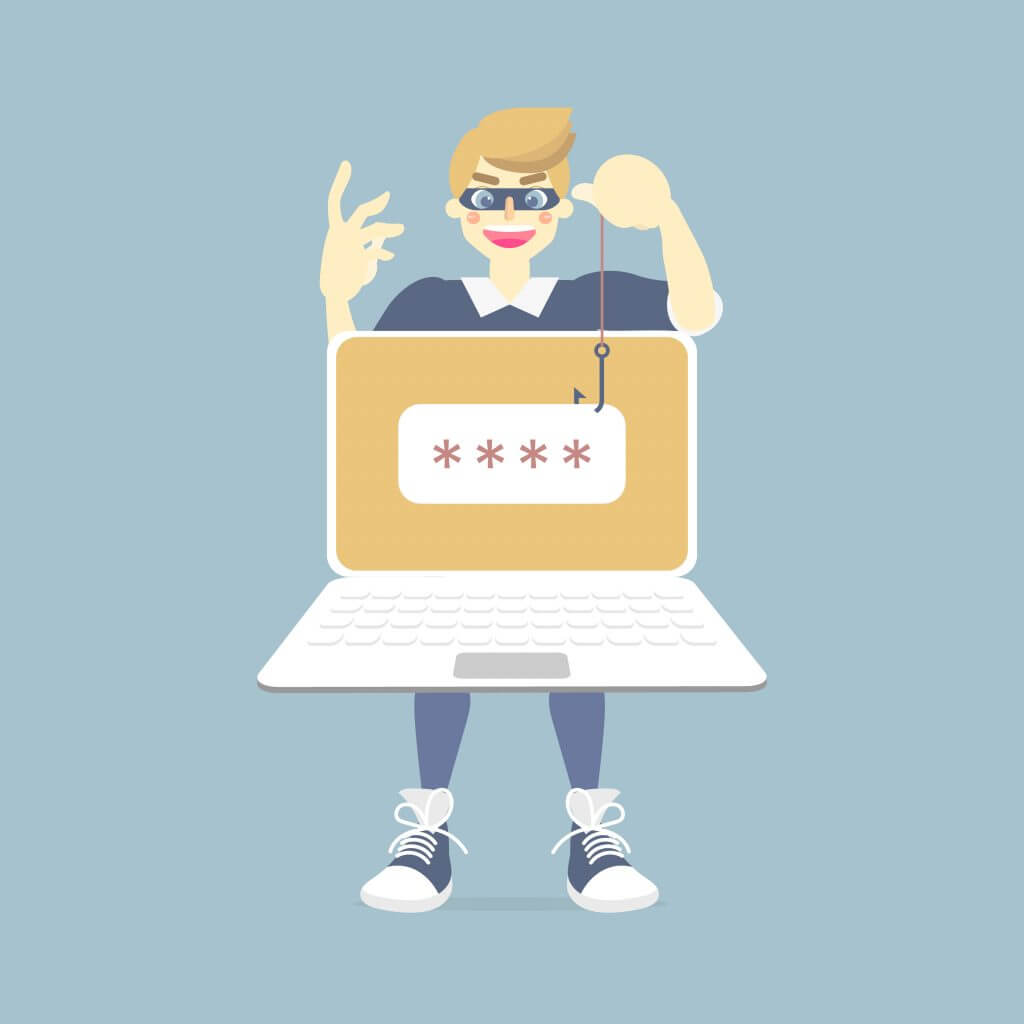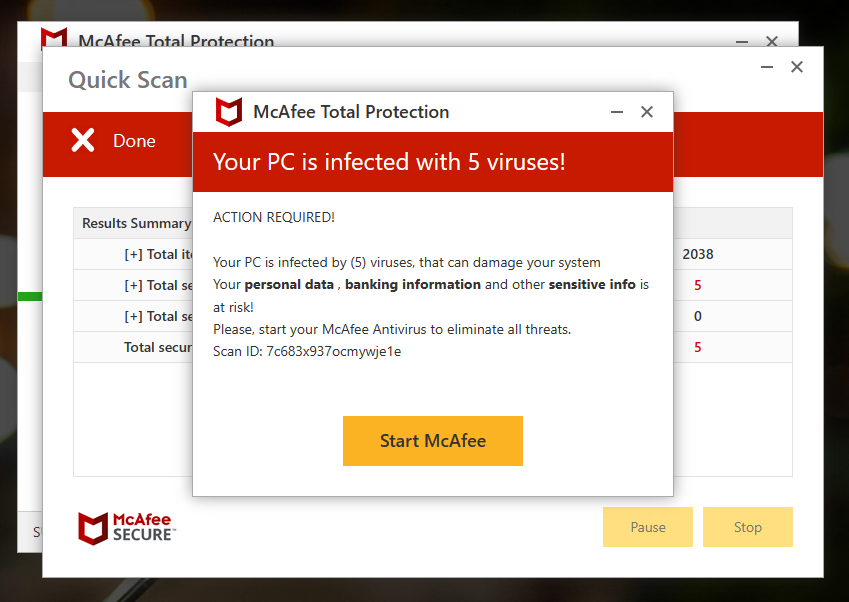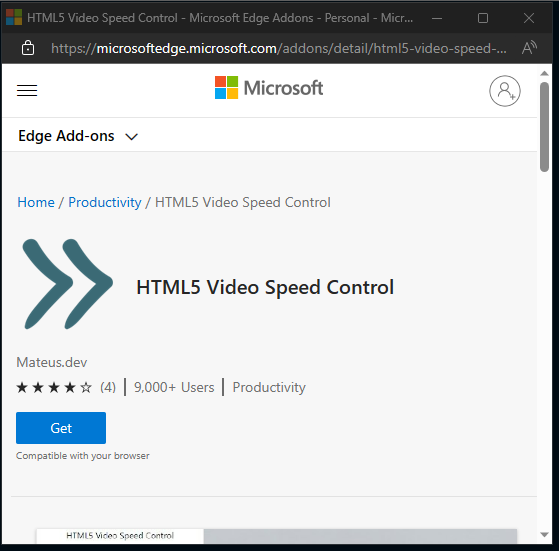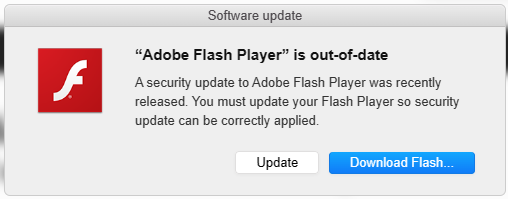I have previously blogged about all of the duct cleaning scams on Facebook. And while I’ve gone on at length about that particular scam, it seems that duct cleaning scams are just the tip of the iceberg. There are a myriad of service scams on Facebook. Here’s what I’ve been studying and want you to know about:
Various Types of Service Scams
The service scams on Facebook come in different flavors. You might encounter:
How These Scams Play Out
These scams are carried out differently from other tech schemes. Service scams on Facebook can actually result in service! Whether you ask for your ducts or your cars to be cleaned, the scammer will schedule with you (over Facebook Messenger), and someone will come to your address.
But the problems occur after the person arrives. Someone who has gone through with the contracted service might notice:
- The service was not performed well, or the worker made mistakes and damaged things.
- Theft or vandalism has occurred.
- The work provided was carried out without proper licensing or insurance.
- The bill presented was significantly more than the estimate or proposal.
- Service was paid for, and problems with it were discovered later. Requests for follow-up were ignored, and the scammer later blocked the victim on Messenger.
- Extra charges were made to the credit card without warning.
Protip: When hiring anyone for services, know the name of company you’re dealing with. When they arrive, that company name should be evident, either on their vehicle or on business cards/printed materials or their uniforms. If you’ve hired a company, but the worker at your door can’t name that company, something fishy is going on.
Why I Call This a Scam
Sometimes people actually get acceptable service from one of these Facebook posts. This being the case, you might argue: Is this really a scam? Or is it just luck of the draw, whether you get a good service provider or a bad one? I say it is a scam, and here’s my take on it:
The Facebook posts for duct cleaning or car detailing are deceptive. No company name is offered. The posting account is designed to show an American-looking name and a good-looking North American person or couple. They claim to be new in your town and just starting up a business. But it is all a charade. Everything is arranged using sock puppet accounts. The person scheduling with you is actually just farming out the jobs to random people through Facebook groups.
I’ve chatted with several of these service-scammers, to learn more about their schemes. I’ve sent some IP logging links to them, and for those that click, it typically shows me that they are in Pakistan. If I point this out to them, they block me instantly.
Ultimately, all of this deception puts you the consumer at risk. When you hire one of these service-scammers, you are paying money to some untraceable agent halfway around the world. S/he refers the job to someone in America, who then appears at your door to perform the task. And because the worker is not connected to a local or licensed employer, any of the aforementioned problems could occur. And should you call the police, the worker and the Facebook scammer are ready to vanish. All consequences will be evaded.
How to Recognize and Avoid These Scams
These scam Facebook offers can closely resemble legitimate service posts. It can be tricky to discern the crooks from the honest people trying to make a living. Here are some things to look out for:
- Ask for the company name, phone number and website. Legitimate service providers will offer this as soon as you ask, if not sooner. Scammers will be cagey and dodge your question, or just give you an out-of-area number.
- Nowadays, scammers use great English! But there are still “tells”. If they type “kindly” in a sentence, or if the language feels a bit off, ask if you can call their office to schedule, or simply move on.
- Select and copy (Ctrl+C) the first sentence or two from their post. Then, click into the search field that Facebook offers. Paste (Ctrl+V) the verbiage from the post and see what turns up in search results. Many scam posts are duplicated all over the country, and this tactic quickly exposes many FB scams.
- Look at the Facebook account that posted the offer. If the profile is Locked, then they are not from the USA, as that option is unavailable in America. If the account has many friends from other parts of the world, then that account may not be from a local. And scammers often click Like their own photos, so that should be another tip-off.
- Find your needed services through personal referrals. Your friends and neighbors are unlikely to steer you towards one of these questionable outfits.
Other Dos & Don’ts
If you recognize a Facebook post as a scam, report it! Click the 3-dots next to the post and use the Report options to report it, first to Facebook and then also to the admin of the FB group. Just, don’t get your hopes up about Facebook’s response.
When paying for any kind of service, a credit card is best and protects you the most. Debit card transactions often cannot be reversed, and Cash App/Venmo/Paypal may not be able to help much after you’ve paid someone.





